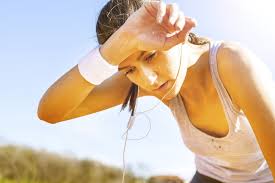19th of July, 2017
Preventing Atherosclerosis:
Atherosclerosis is the clogging of the arteries due to cholesterol build up. This occurs when excess fat is present in the arteries and sticks to the walls. The fat builds on top of each other and sticks until it blocks the artery and prevents clean blood flow.
Atherosclerosis prevents free blood flow to the brain and extremities and can cause permanent damage to the brain.
Preventing atherosclerosis is very possible when following a good diet and exercise plan.
- Adopt healthy eating habits. Eat more fruits and vegetables of diverse colors on a regular basis.
- Quite bad habits such as smoking tobacco immediately.
- Alcohol should be limited to 1 drink a day for women and 2 drinks a day for men.
- Managing and maintaining a healthy weight is also helpful in preventing atherosclerosis.
- Regular cardio and resistance training exercise, several times a week prevents clogged arteries.
- Decreasing consumption of animal fats (dairy, meat etc) is also beneficial.
It is also recommended to avoid sugary drinks, high salt and sugar content foods. Avoid Saturated fats because they have artery clogging properties and are more likely to cause atherosclerosis.
If a loved one had atherosclerosis, you are more likely to have it as well. That is why it is so important to watch your health to make sure you can prevent this.Have check-ups with the doctor on a regular basis - at least twice a year. Make sure you get good quality sleep, manage stress well and overall create a mental balance in your life.





